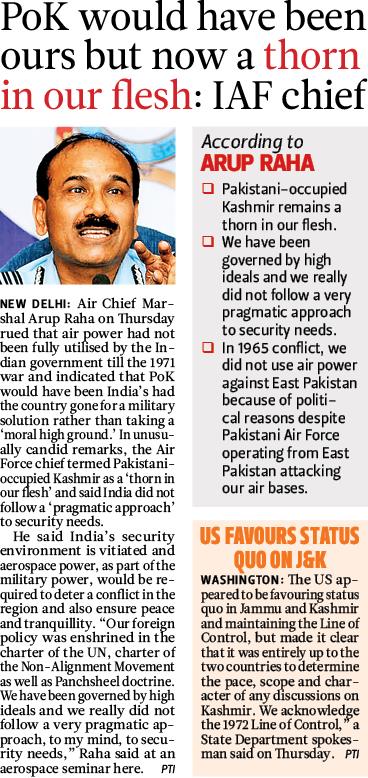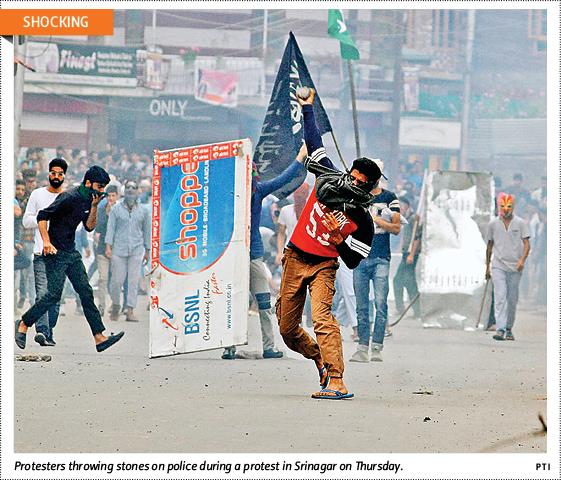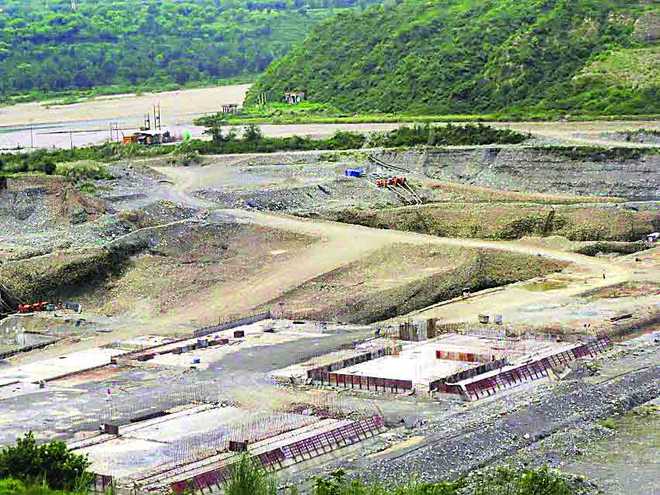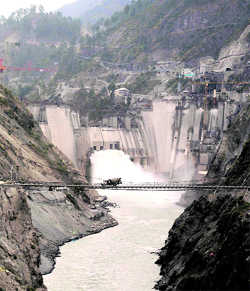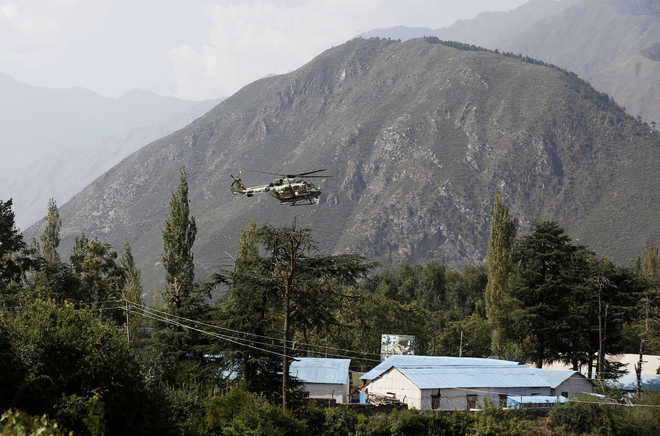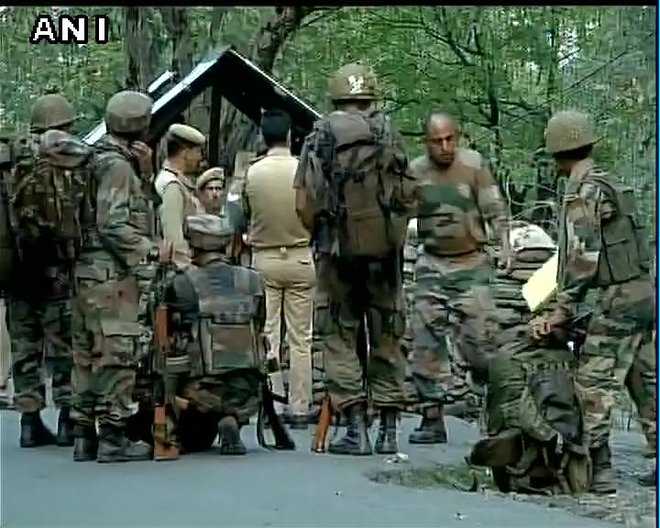
Army men in action near the LoC in J&K on Tuesday. Photo: ANI
Majid Jahangir & Ishfaq Tantary
Tribune News Service
Uri/Srinagar, September 20
Two days after the Uri terror attack in which 18 soldiers in the garrison town of Uri in Jammu and Kashmir were killed, the troops on Tuesday foiled two infiltration bids, one in Uri and the other in Nowgam, barely 20 km from each other, killing at least 10 suspected militants. A soldier was killed in the Nowgam encounter.A defence spokesman said the operation in Uri sector was underway. “A group of 10-12 terrorists, who attempted to infiltrate into Uri sector, were intercepted by the Army. The encounter is on,” the spokesman said. Sources said soldiers of 6 Bihar and 17 JAKLI Regiments were engaged in a fierce encounter with the militants at Mayan Katal Lachiora in North Kashmir’s Baramulla district. They also said Pakistan had violated the ceasefire by opening fire. “The firing from across the border was clearly aimed at providing cover to the infiltrating militants,” the sources said.”A soldier was martyred in Nowgam operation,” a defence official said.The Army had foiled two such attempts on September 11 and 16 in Poonch and Uri sectors. Four terrorists were killed in each of these operations.According to the Army, infiltration attempts from across the border have increased this year in comparison with the past three to four years. Pointing out that 19 infiltration bids had been repelled so far this year, the Army described it as a “desperate attempt” by Pakistan to create “disturbance and foment unrest” in the Kashmir Valley. The Valley has been on the boil ever since the killing of Hizbul commander Burhan Wani in an encounter on July 8.
Don’t harbour ultras: US to Pak
- New Delhi: US Secretary of State John Kerry has asked Prime Minister Nawaz Sharif to prevent terrorists from using Pakistani territory as safe havens, as he expressed strong concern over the violence in Kashmir particularly the terror attack on the Army base in Uri. Kerry met Sharif on Monday on the sidelines of the 71st session of the UN General Assembly. TNS
Pakistan IB chief to skip SAARC meet in delhi
- New Delhi: Post the Uri terror attack, Pakistan has decided not to send its Director General of Intelligence Bureau (DGIB) Aftab Sultan to a two-day conference of top security experts of SAARC countries that starts here on Thursday. A senior official in the Ministry of Home Affairs (MHA) said Sultan would not attend the SAARC meeting and the country would be represented by an official of the Pakistan High Commission in India. According to a statement issued by the Home Ministry, the second meeting of the high-level group of eminent experts from SAARC countries will be held on September 22 and 23. The objective is to strengthen SAARC’s anti-terror mechanism, it said. The first such meeting was held in New Delhi in February 2012. TNS


















